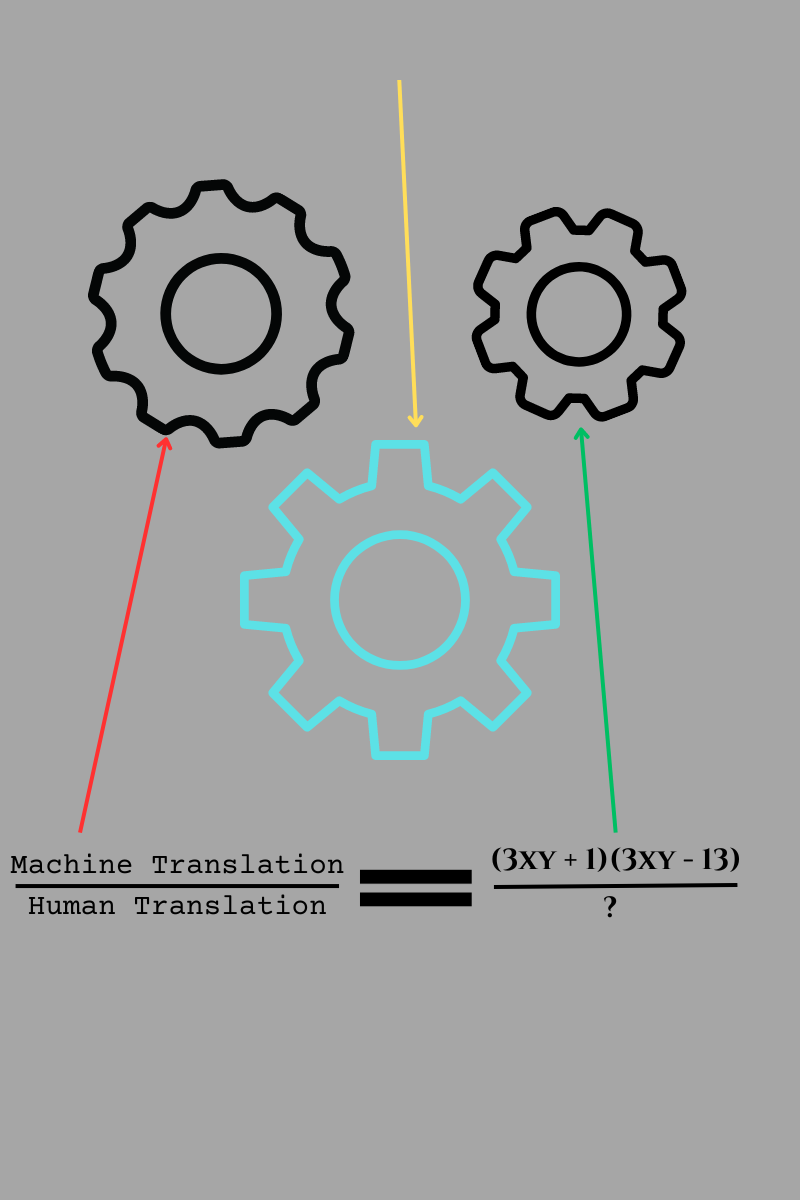Artificial Intelligence

Is AI a threat to translation?
Well, to explore that question, we’ll need to see what threats it might pose and discuss certain elements of AI that are already employed in the translation industry.
For example, if you will, AI, as it is commonly known, is already employed in translation.
You might ask, but where?
In the Computer-Assisted Translation (CAT) tools that many translators and companies use today, AI is already utilized. Okay, perhaps it is a “primitive” version of AI, but I don’t think it’s terribly off the mark to say that AI is already utilized in a lot of software. Then again, if we really think about it, isn’t the software that we’ve already created (not I), I am talking about “we” as a society, isn’t it already artificial intelligence? I think so.
So, therefore I don’t get what the difference is between that type of AI and the so-called “real” AI, in which we’re supposed to get consciousness, whereas the previously mentioned “primitive” AI is only good for certain things.
Maybe I am looking way too far ahead, or maybe I am looking way too far in the past (the latter is more likely in the mind of most technologists today). But can’t we find some satisfaction in the fact that we’ve already produced some sort of artificial intelligence. I mean think about it, isn’t the computer already artificial intelligence?
So, that said, let’s relate this back to translation.
If we want to procure some “translation machine,” I don’t think we’ll be in luck, because as most translators have been saying, you need a human behind a translation to make sure everything is in check. Some technologists might argue that “well, X machine is 95% accurate,” or if they’re having a really good day, “99% accurate.”
But where’s the fun in this?
Really, where’s the humanness in this?
I believe translation is a humanity. Meaning it comes from the humanities. And so, it would be utter nonsense to leave translation to machines. Hence I vehemently disagree with a lot of technologists who believe that machine translation is the way to go.
Anyway, perhaps we’re having an argument that isn’t real, or perhaps there is no real argument for either position, because the discourse isn’t actually based on real facts.
But I think this largely hypothetical discourse could be had, and I hope it helps to illuminate certain truths about translation.